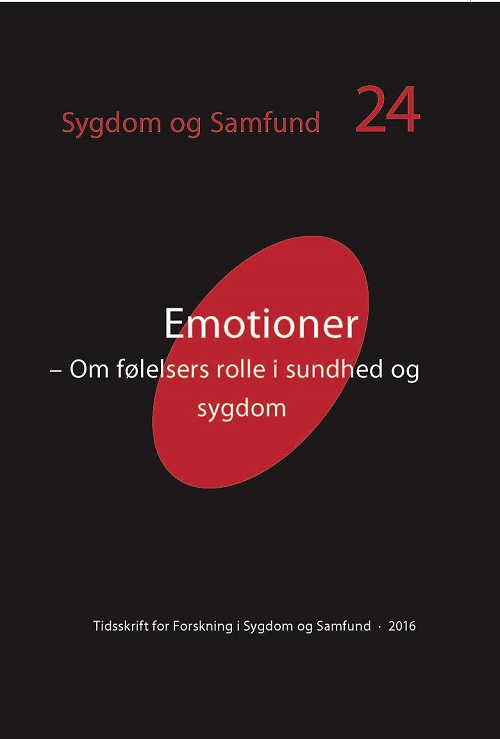Resumé
Hvordan håndterer vi negative emotioner, og hvordan påvirker det konflikter i nære relationer? Tilknytningsteorien er velegnet som en ramme til at beskrive og forstå, hvordan voksne håndterer emotioner og konflikter i parforholdet. Artiklen evaluerer på baggrund af en systematisk litteratursøgning den nyeste forskning, der er publiceret i perioden 2000 – 2015, og som undersøger sammenhængen mellem voksnes tilknytningsmønstre (AAI) og den måde, som voksne håndterer konflikter i parforholdsrelationen. Ti studier opfyldte inklusionskriterierne. Reviewet viste, at i ni ud af ti studier har tilknytningsmønsteret betydning for konfliktadfærden i parforholdet. Således at utrygt tilknyttede viser en mere negativ adfærd, såsom kritik og afvisninger, hvor trygt tilknyttede viser en mere positiv adfærd, såsom empati og åbenhed. Desuden vil utrygt tilknyttede vise en mindre effektiv omsorgsadfærd, da utrygt tilknyttede er mindre bevidste om partnerens følelser og intentioner, hvor trygt tilknyttede vil respondere sensitivt og nøjagtigt på partnerens behov. Med det lave antal af inkluderede studier taget i betragtning, så ses der en tendens til, at tilknytningsmønsteret hos voksne i 30’erne guider konfliktadfærden i parforholdet. Tilknytningsteorien og den empiriske forskning i konfliktadfærd giver sundhedsprofessionelle indsigt i emotionelle processer og kan være med til at svare på, hvorfor nogle par sammenlignet med andre bliver fanget i uhensigtsmæssige strategier i konflikter. Det er relevant for den videre forskning at undersøge, om tilknytningsteoriens hypoteser kan generaliseres på tværs af generationer.
Emotions and conflicts in adult close relationships: A systematic review of the impact of adult attachment on conflict behavior.
How do we deal with negative emotions, and how do they affect conflicts in close relationships? Attachment theory is a suitable framework to describe and understand how adults handle emotions and conflicts in their relationships. This article is based on a systematic literature search identifying recent research, i.e., published from 2000 till 2015, which examines attachment pattern with the Adult Attachment Interview (AAI), and the way couples manage conflicts in their romantic relationships. The review shows that in nine out of ten studies the attachment pattern guides the couples’ behaviour during conflicts in romantic relationships. Insecurely attached couples showed more negative behaviour, such as criticism and rejection, whereas securely attached couples showed a more positive behaviour, such as empathy and openness. Likewise, insecurely attached couples showed less effective caregiving behaviour, whereas securely attached couples responded sensitively and accurately to the needs of their partners. Bearing in mind the small number of included studies, it is seen that there is a tendency for the attachment pattern in adults in their thirties to guide their behavior during conflicts in their relationships. Attachment theory and empirical research on conflict behavior give health professionals insight into emotional processes, and can help answer why some couples become trapped in inappropriate strategies during conflicts. Though there is a noticeable trend, there is a need for further research, due to the small number of studies.

